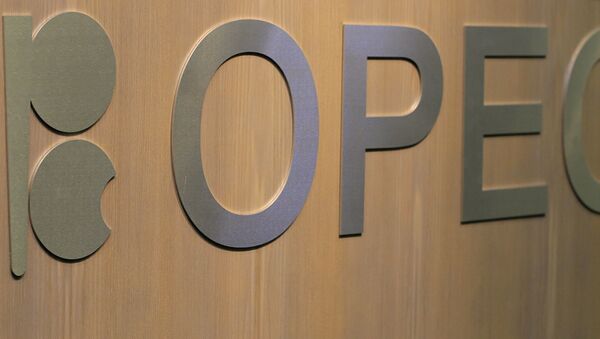OPEC Secretary General Mohammed Barkindo is in constant contact with the OPEC+ countries; the main participants in the group support the idea of the meeting on 6 April, most participants are ready to cut oil production, there is a high probability of consensus, a source familiar with plans to prepare the meeting said.
“The Secretary General of OPEC Barkindo is in constant contact with the participants of the group. Today the atmosphere is favorable, the main participants in the group also support the idea of the meeting. The likelihood of consensus is high, because most of the participants are ready to go to reduce oil production. At the moment, the situation is clearer than it was yesterday. There is shared optimism,” the source said.
Earlier, the head of the press service, adviser to the Minister of Energy of Azerbaijan Zamina Aliyeva said that the OPEC+ meeting is scheduled for Monday and will be held as a video conference.
The Russian president and members of the cabinet and oil industry officials met via videoconference on Friday to discuss the situation on the global energy markets.
According to the Russian president, the current situation poses not only economic risks, but technogenic and ecological ones as well. Putin noted that he spoke to US President Donald Trump about the energy markets situation earlier this week, and that both sides expressed concerns.
Oil prices took a nosedive in early March, after OPEC+ members failed to reach an agreement on output cuts amid the COVID-19 crisis, which has led to a global downturn in economic activity. Russia proposed leaving output cuts at previously agreed upon levels, while Saudi Arabia and its allies suggested that additional cuts be made. Russia rejected the proposal, prompting Riyadh to cancel even the originally agreed upon cuts, to announce a 25 percent increase in production, and to offer heavy discounts on crude futures for April. Other countries including Russia followed suit in ramping up output, bankrupting at least one US shale producer, and leaving Moscow and Riyadh eating into their national reserve funds.

